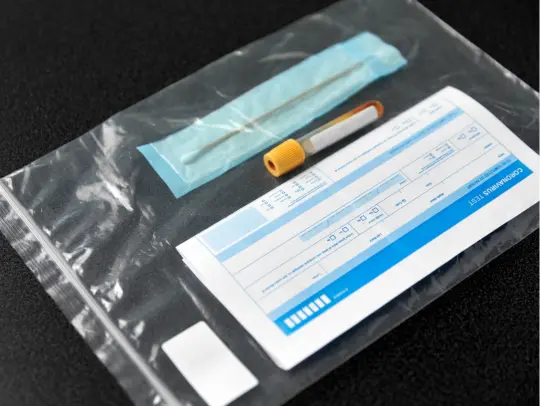
Nurse Practitioner Clarissa - Protecting Your Medical Data: HIPAA Compliant Best Practices
Essential Steps for HIPAA Compliance and Safeguarding Health Information
Protecting sensitive personal and health-related information is a fundamental responsibility for any organization, whether it operates in person, on paper, or electronically. If your business handles data such as names, phone numbers, dates of birth, Social Security numbers, or other personal identifiers, complying with HIPAA regulations is critical. Here's a step-by-step guide to ensure compliance and maintain the trust of your clients or patients.
1. Implement Robust Security Measures
To protect electronically protected health information (EPHI), every organization must establish a secure framework that safeguards against breaches, both internal and external. This includes appointing a Privacy and Security Officer to oversee security protocols. Their responsibilities should include:
- Documenting security processes.
- Assigning personnel to manage compliance.
- Developing an effective information management system.
- Providing internal and external security training.
- Enforcing full access control to system security protocols.
If your organization faces challenges in meeting these requirements, third-party companies can assist with certifications and audits at reasonable costs.
2. Conduct Regular Risk Assessments
Frequent self-audits and risk assessments are essential to identify vulnerabilities in your systems and partnerships. These assessments should cover:
- Strengthening data-sharing agr









































